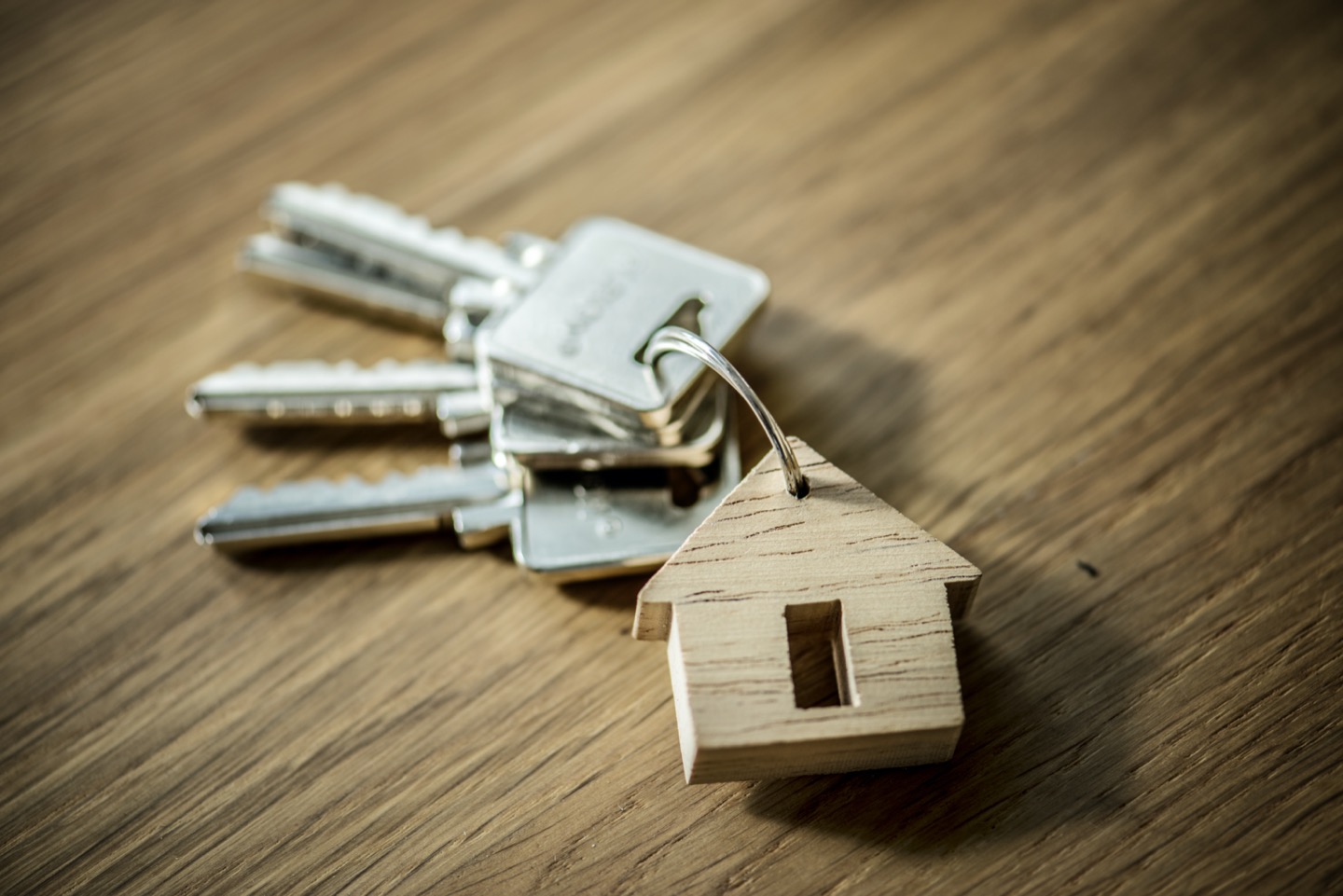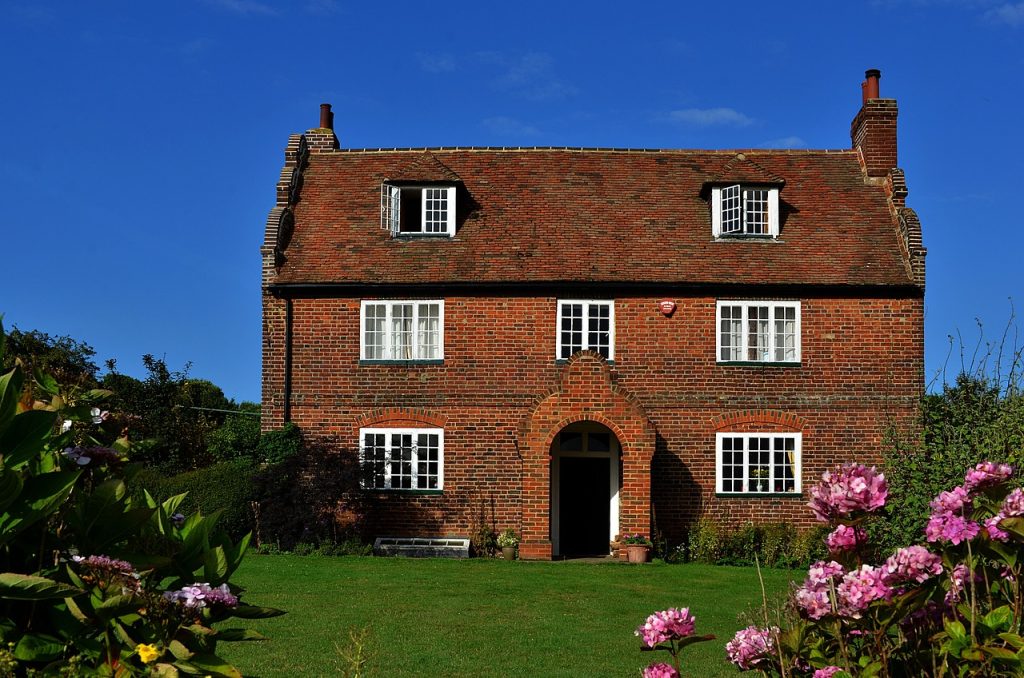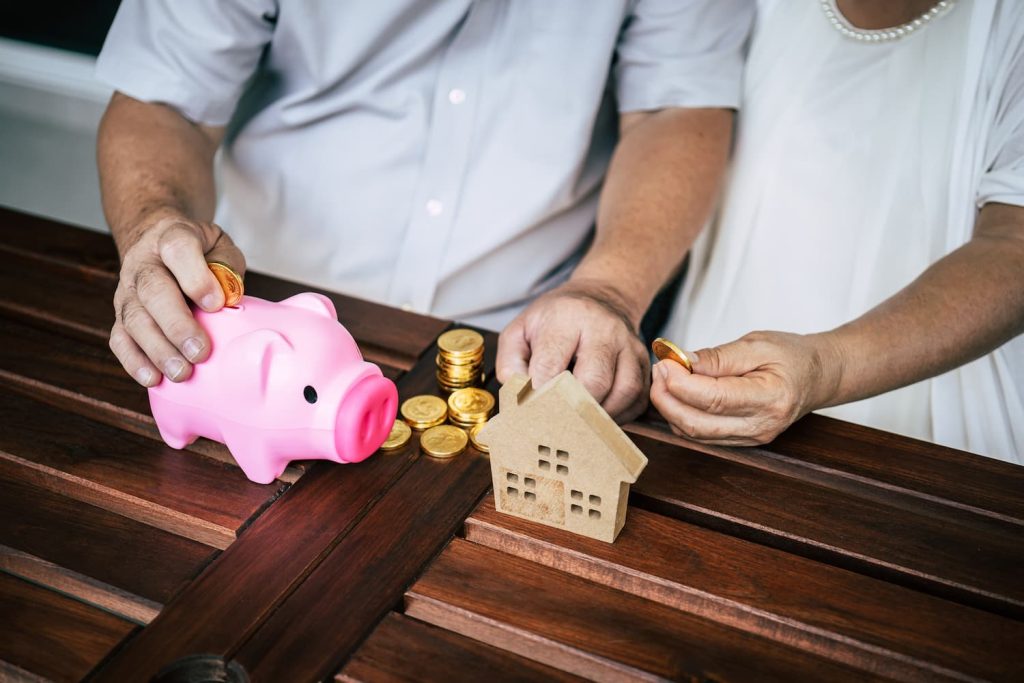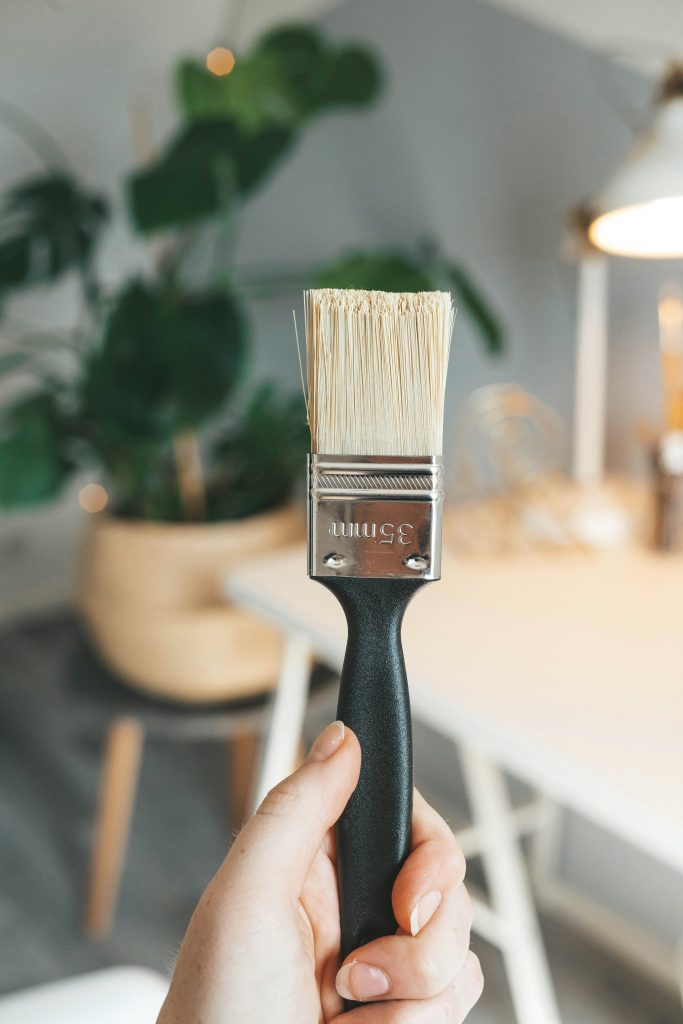Negative Equity and How You Can Avoid It

Estimated reading time 6 minutes
Buying a home can be an excellent investment. In an ideal world, the goal is to earn money as the home appreciates in value. In this scenario, the homeowner may want to sell the home at some point, hoping to make more money than they may still owe on it.
Sometimes things are not so idealistic, and the home buying market can rise and fall. Then there are personal financial issues to manage. When you’d like to sell your home, and people are buying, you want to make sure you don’t have negative equity in your home.
Are you familiar with negative equity? If not, and you’d like to sell your home, now’s the time to determine whether you’re dealing with home equity—before putting your property on the market.
What is Negative Equity?
Negative equity happens when your property is worth less than the mortgage you used to buy it. In this situation, your mortgage is higher than the market value of your home.
Here’s an example. If you bought a house for £200,000 with a 10% deposit of £20,000 and the property value has fallen to £150,000, then you would have negative equity of £30,000. That’s because you would owe more on the home than the outstanding amount you have on the mortgage.
On the other hand, if you had bought the same home for £200,000, with the 10% deposit of £20,000, and the property’s value dropped to £190,000, your home would have an equity of £10,000. That’s because the property is still valued at more than the amount you currently owe on it.
Here’s a simple way to find out if you’re dealing with negative equity or not. Take the current value of your home and then subtract the amount you still owe on the mortgage loan. If the result is below zero, then you’re dealing with negative equity.
What Happens If You’re in Negative Equity?
People who have recently bought their homes and have only paid a little bit of their mortgage off, are at an increased risk of negative equity. And those who have used 95% or 100% mortgages may also find themselves in the same situation.
Negative equity may also hit if you’ve bought a home when prices were high, overpaid on the home, bought in a challenging area, or used an interest-only loan.
Keep in mind that the housing market changes on a regular basis. It has peaks and troughs, which are expected. In fact, it’s normal for home prices to go up or down between 2% and 3%. The problem comes when there’s a dramatic change in the market, and you’d like to sell at that time.
If you find yourself in negative equity, you don’t necessarily have to worry! There are still solutions that may work for you. For instance, it may be a good idea to stay in your current home and continue paying the mortgage. This helps to increase your equity in the property. It may also be a good idea to ask your mortgage lender if they would allow you to overpay on the mortgage. This would help you pay off the loan faster, bringing down the amount owed while increasing your equity.
Given time the value of your property could increase, which could have the effect of reversing the negative equity you’re currently dealing with.
Why is Negative Equity a Problem?
The main problem is if you’d like to sell your home. The issue is that the value of your property is much less than what you owe on it. The reality is that it’s not probable you’ll be able to sell the home for enough money to pay off the loan and be in a position where you need to cover the shortfall.
Having negative equity can also be a challenge for homeowners who’d like to remortgage their home, looking for a lower monthly payment, using the funds to spend on other things, and more.
How to Reduce Your Chances of Negative Home Equity When Buying a Home
The best way to avoid negative equity is to put down a large deposit, as much as you can afford when buying a new home. The larger your deposit, the smaller mortgage loan you’ll need to repay. This can help to lower the chance that you’ll end up with negative equity in your property.
Can You Sell a Home with Negative Equity?
If you do find that it’s necessary to sell your home but are in negative equity, it may feel like it’s an impossible situation. However, remember you’re not alone. Many homeowners are now in the same situation. What’s more, there may be some solutions. The key is to be open and honest with your lender. Some mortgage lenders may allow you to sell and repay the outstanding mortgage over time with a customized repayment plan.
It may be helpful to comparison shop and look for specialist lends who offer negative equity mortgages. With this method, remember that this process really involves transferring the debt balance from your old home to the new home. This process can be challenging, as there may be repayment charges and interest rates to deal with.
Renting Out Your Home
Another solution may be to consider renting your home out if it’s in negative equity. You can still move to a new home and keep the old one to rent it out. The hope here is that the property value will go back up during the time the home is rented out.
When the property prices are high enough to balance out the negative equity, then you can try to sell the home. During this time, you’ll receive rent for the property and use part of this to help repay the mortgage on the rental property.
Not all lenders will want to go with this scheme. Instead, many are risk aversive and will want to know that you can afford to pay the mortgages on both properties, especially during those times the home may not have tenants.
One More Option—an Estate Agent Cash Buying Service
If you find yourself dealing with negative home equity and wanting to sell, you may also want to consider using a home cash buying real estate service. They can work with you to sell your home faster and at no cost to you. Look for a provider that covers all the costs, including the legal fees!



